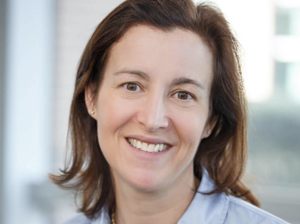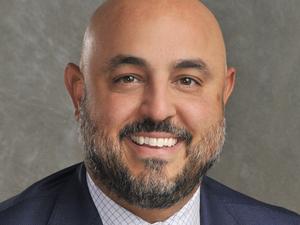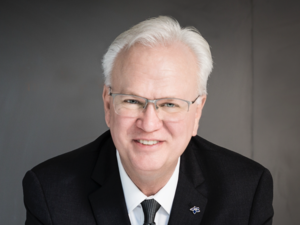
Congress is considering major changes to the U.S. patent system that could have a large impact in Atlanta, especially in the city’s thriving tech and life sciences communities.
Rep. Hank Johnson, D-Georgia, and Rep. Doug Collins, R-Georgia, are among a bipartisan group of representatives and senators working through the details of patent reform.
“Encouraging innovation in Georgia and throughout our country means restoring confidence for inventors and investors that their patent rights will be upheld in court,” Rep. Collins said in a press release about their proposal.
It aims to create a clearer answer to a critical question for innovative businesses, universities and entrepreneurs: what is patent eligible?
A variety of organizations in Georgia are closely following the reform effort. For the Georgia Tech Research Corporation, which is a non-profit focused on the management and licensing of patents to promote innovation, and Fortune 500 companies here that lead innovation in the automotive and logistics space, knowledge of patent eligibility parameters is imperative.
The U.S. Senate held three days of hearings on the proposal in June, which “reinforced what we’ve been hearing for years — the U.S. patent system with regard to patent eligibility is broken and desperately needs to be repaired,” Sen. Thom Tillis, R-North Carolina, and Sen. Chris Coons, D-Delaware, said in a statement afterward. “The U.S. Supreme Court has confused and narrowed Section 101 of the Patent Act to the point that investors are reluctant to pursue the innovations that propel our country forward.”
The bipartisan proposal would do away with Supreme Court decisions in the computer, biopharmaceutical and medical diagnostics spaces that lawmakers say have “clouded the line” on medical advances and artificial intelligence. The court’s ruling in Alice Corp. v. CLS Bank International has resulted in a proliferation of lawsuits aiming to strike down computer and software patents as too abstract. And the court’s ruling in Association for Molecular Pathology v. Myriad Genetics, Inc. muddied the path for patents related to precision medicine, where research is incredibly expensive and often dependent on patent protection. Federal appeals judges themselves have said it can be tough to apply the rulings consistently.
The new proposal would broaden the scope of what is patent eligible and more closely tie those determinations to usefulness, which the lawmakers’ draft bill defines as, “any invention or discovery that provides specific and practical utility in any field of technology through human intervention.” The draft also specifies that provisions of patent law “shall be construed in favor of eligibility.”
The hearings made clear that some are concerned about lowering the threshold for eligibility too far, especially when it comes to patenting inventions involving human genes, economic principles and social interactions. The lawmakers have said they are refining their proposal to address those concerns. They are also seeking additional input. Considering two of the bill’s architects are from Georgia, businesses, universities and entrepreneurs in our state should take advantage of the opportunity to share their input. (Here’s an easy way to find your representatives.)
The devil will be in the details of the final bill, which lawmakers have said could come out as soon as this month. Depending on those details, the proposal could help spur even more innovation in Atlanta. With a clearer pathway to patent protection, businesses and universities can be more confident investing in research for the next breakthrough technology. It could also bring down the costs of litigation, as potential challengers would have a better understanding of their odds as a result of the new guardrails.
Atlanta’s innovators should closely track how patent reform unfolds and, if needed, turn to experienced patent attorneys for help assessing how the final outcome may impact their business and business strategy. With the right guidance, tailored patent reform can increase innovation and promote patent protection, resulting in a boom for Atlanta’s growing tech center.








